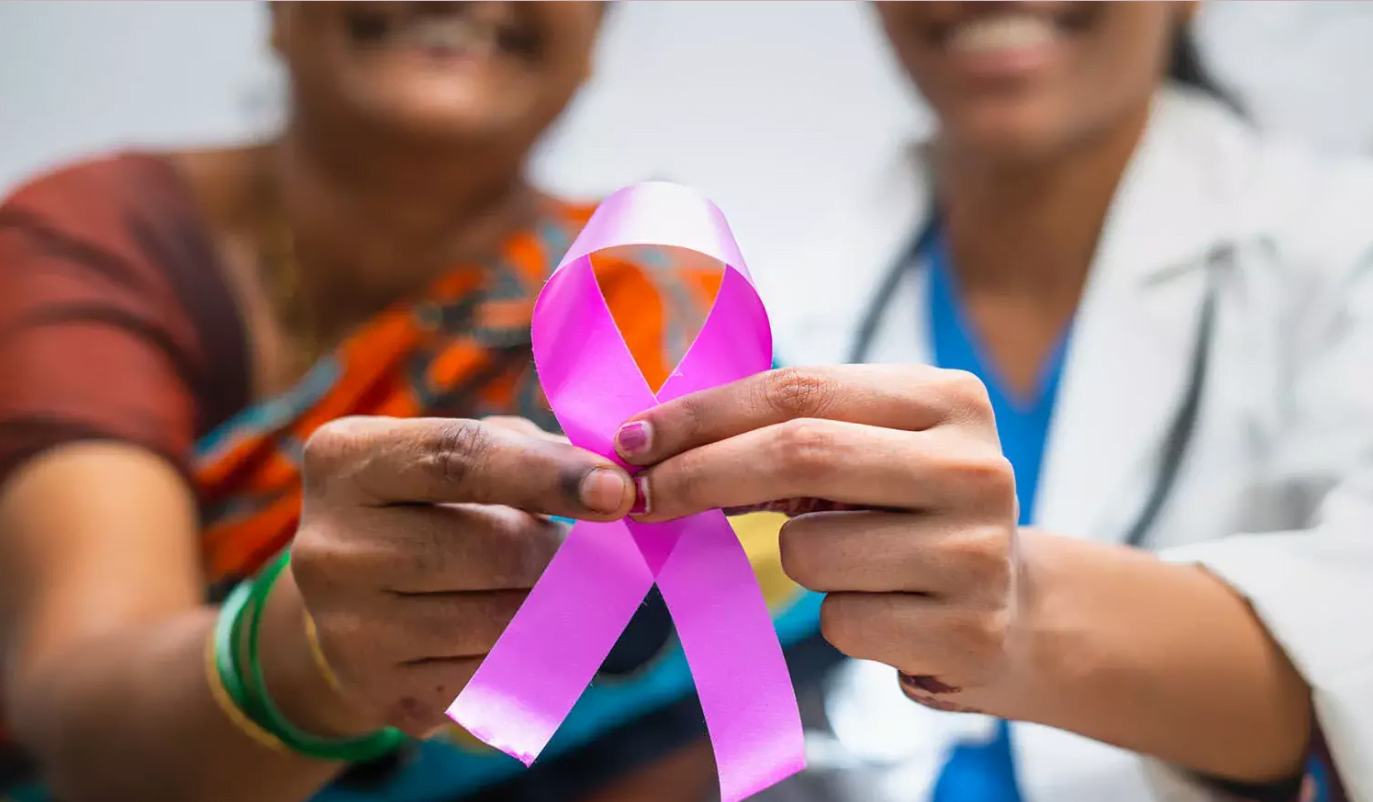Here’s an interesting analogy: patients’ rate their healthcare services in the same way that they rate an airplane flight. In both cases, you assume competent individuals (doctors or pilots) are running the show, and your life is (literally) in their hands. However, what really differentiates the best service providers is how well you feel taken care of. Building on this analogy, healthcare services in our country are, more often than not, ‘low-cost carriers’ with most patients in ‘cattle class’.
So what does ‘best-in-class’ look like when it comes to healthcare?
It starts with patient-centered care, which includes the obligation to care for patients on their terms and involve patients in their healthcare decisions. At the core is the principle that patients have the right to decide what constitutes their treatment plan. Although on the surface this may sound tricky as the patient may lack medical knowledge, it is crucial that their health plan accounts for the needs and priorities of the patient. Taking the time to understand a patient’s history, emotional needs and treatment preferences helps strengthen the patient-physician relationship that may result in improved clinical outcomes. Unfortunately, the typical Indian patient is rarely a participant in their treatment plans. Let me tell you a story about Neha to illustrate this.
Although on the surface this may sound tricky as the patient may lack medical knowledge, it is crucial that their health plan accounts for the needs and priorities of the patient.
One day, Neha notices some cottage-cheese like discharge and gets really worried. A quick google search tells her that this may be a vaginal infection and she decides to visit a gynaecologist after checking some online listings. At the clinic, she waits for over 45 minutes to see the doctor. “Are you married?”, asks the doctor, and Neha replies with a no but then realises the intent of the question and hesitantly says that she is sexually active.
The instant look of disapproval on the doctor’s face makes Neha regret sharing this information. At the end of the appointment, which lasts for less than 5 minutes, Neha is handed a prescription and sent away. She has no idea why she got a vaginal infection and how she can prevent getting one in the future. Worse, the whole experience has been rather discomforting.
If Neha’s experience sounds painfully familiar, it’s because it is representative of a majority of gynae-patient interactions in India, outside of maternity visits. The healthcare requirements of the Indian woman living in the 21st century have changed drastically; yet the patient experience has hardly evolved.
Healthcare players that will thrive in the near future are going to be the ones that put patients first. Do you remember the ‘Kirana’ store uncle who would refuse to home deliver groceries? Today, the idea of going out to pick up groceries seems outdated if you live in a metro and own a smartphone. Similarly, the idea of paying healthcare providers who don’t prioritise patients will soon be equally alien.
One trend that is democratising provider access is the growth of digital healthcare. Breaking the monopoly of neighbourhood clinics, health-tech start-ups have given patients access to remote care and provider ratings. Healthcare providers are increasingly being considered by paying customers as suppliers of services, and are slowly losing their elevated status as patients come equipped to consultations with hours of online research.
Also read: Unshackling the Recent Mental Health Care Bill 2016
Moving from a position of authority to empathy, is not only preferred, but also essential for healthcare providers who aim to thrive among their more educated audience. Three ways in which healthcare providers can do so include,
(1) educating and empowering patients
(2) adopting a multi-disciplinary model of care and
(3) having a robust plan for follow up care.
Moving from a position of authority to empathy, is not only preferred, but also essential for healthcare providers who aim to thrive among their more educated audience.
Educating patients about their disease and helpful lifestyle interventions may have a significant impact on the outcome of that disease. This impact is even greater in case of chronic conditions such as PCOS, diabetes and mental health. Empowered patients are more likely to notice any changes in health and seek care, thereby preventing complications or repeat episodes of the illness and reducing treatment costs. Patient education also promotes positive behaviour and better compliance towards treatment plans.
A multi-disciplinary model of care, including coordination between different providers within a healthcare ecosystem, is a key component in transforming the overall patient experience and efficacy of the treatment. This is especially true when a patient is suffering from multiple or chronic conditions, prime examples being diabetes or any hormonal issue such as PCOS. Through this approach, healthcare providers can gain a holistic view on the condition and suggest multi-faceted treatments accordingly.
By early-involving other healthcare professionals such as nutritionists and physical therapists, they can also suggest lifestyle and behavioral modifications necessary to improve the overall efficacy of the treatment, an objective that often suffers when diseases are treated in a siloed manner.
The consultation is an intimate interaction, and improving this experience is a priority for service providers. However, what comes after the consultations often gets ignored. Post-consultation follow-ups are crucial in educating a patient about what is to be expected in the period after the visit, and often has a huge impact on the outcome of the treatment. Regular follow-ups help identify roadblocks that are preventing the patients from adhering to set treatment and identifying early signs of complications.
Also read: Healthcare Intake Forms At Medical Facilities Aren’t Trans Inclusive And That…
As the concept of patient-centricity gains traction in the country through various telehealth platforms and systems, a revolution is impending in the domain of healthcare. At Proactive for Her, we are pioneering some of above mentioned services and medical philosophies that will build the pathways for an era of democratized, accessible patient-centered healthcare.
With clinical inputs from Dr. Renuka Dangare
This article has been published as a part of a collaboration with Proactive For Her. Proactive for her is a digital clinic for women offering accessible, personalized, and confidential health-care solutions. The company offers products and services for out-patient health concerns of Indian women, across their lifetime – from puberty to pregnancy to menopause. You can follow them on Facebook and Instagram. You can find Achitha on LinkedIn and Dr. Renuka Dangare on LinkedIn.
Featured Image Source: SGU




